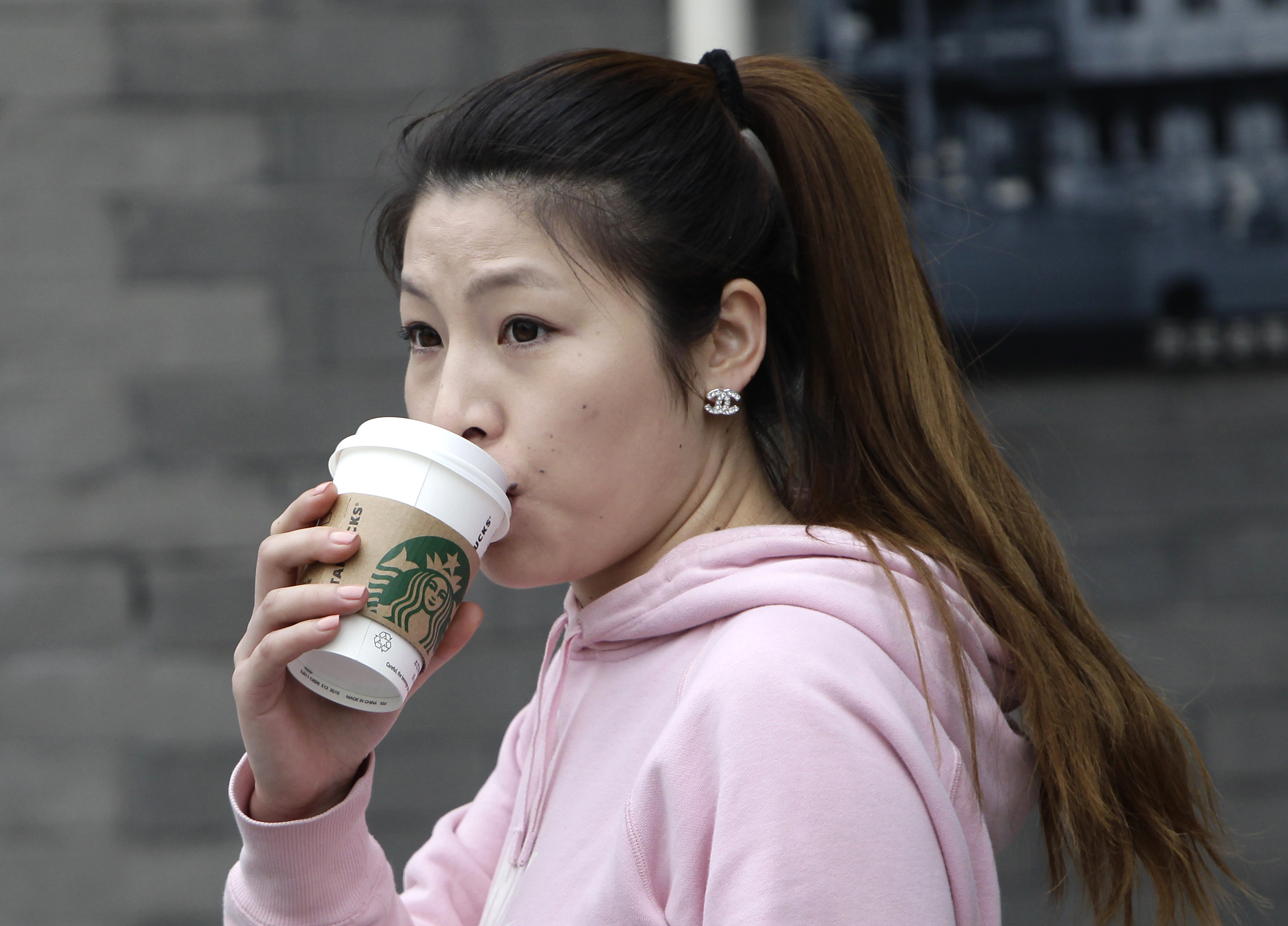BY JEFFREY GOLDFARB
The Starbucks Reserve Roastery in Shanghai stands as a hulking symbol of the company’s Chinese ambitions. The 30,000-square-foot caffeinated wonderland represents just one of 6,000, mostly smaller stores the chain plans to roll out across the mainland by 2022. Such bold plans will run up against stiffer competition and trade-war-related pressures in 2019. Local backers will help preserve this fledgling Bean Dynasty.
Cracking China has been tough for outsiders, including in fast food. McDonald’s sold a controlling stake in its Greater China restaurants to state-owned conglomerate CITIC in 2017. And as part of a wholesale spinoff of Yum China , the U.S. parent of KFC and Taco Bell offloaded a slug of the operation to Fred Hu’s Primavera Capital and Jack Ma’s Ant Financial.

For now, Starbucks is touting its independent growth ambitions in the People’s Republic. At a full-day presentation focused on the country in May, it forecast tripling revenue there in five years. The company doesn’t break out China figures, but Morningstar estimates by then the top line would reach $6 billion, generating some $1.2 billion in operating profit, or nearly a fifth of the total for both.
Investors don’t yet seem convinced. As of mid-December, Starbucks was trading at almost 24 times anticipated earnings for the next 12 months, a discount to recent historical levels. And the hefty premium it has fetched over the Golden Arches for much of the last decade has mostly vanished. That suggests Chief Executive Kevin Johnson isn’t getting credit for his great leap into China.
There are valid reasons to be sceptical. Homegrown startups such as Luckin Coffee are expanding rapidly with the help of deep-pocketed backers. American brands are also in perpetual danger of getting swept up by geopolitical headwinds. Mergers have been caught in the crossfire, and targeted economic retaliation is a weapon China has used before. Starbucks founder Howard Schultz’s dream of becoming U.S. president remains a distant hedge.
Stronger financial ties with well-connected allies, beyond just collaborations like the one with Alibaba for deliveries, could provide some insurance, as well as useful local knowhow as Starbucks extends deeper into the country. It recently bought out its Taiwanese partners in an East China joint venture, clearing the way for a venti-size deal to start brewing.
